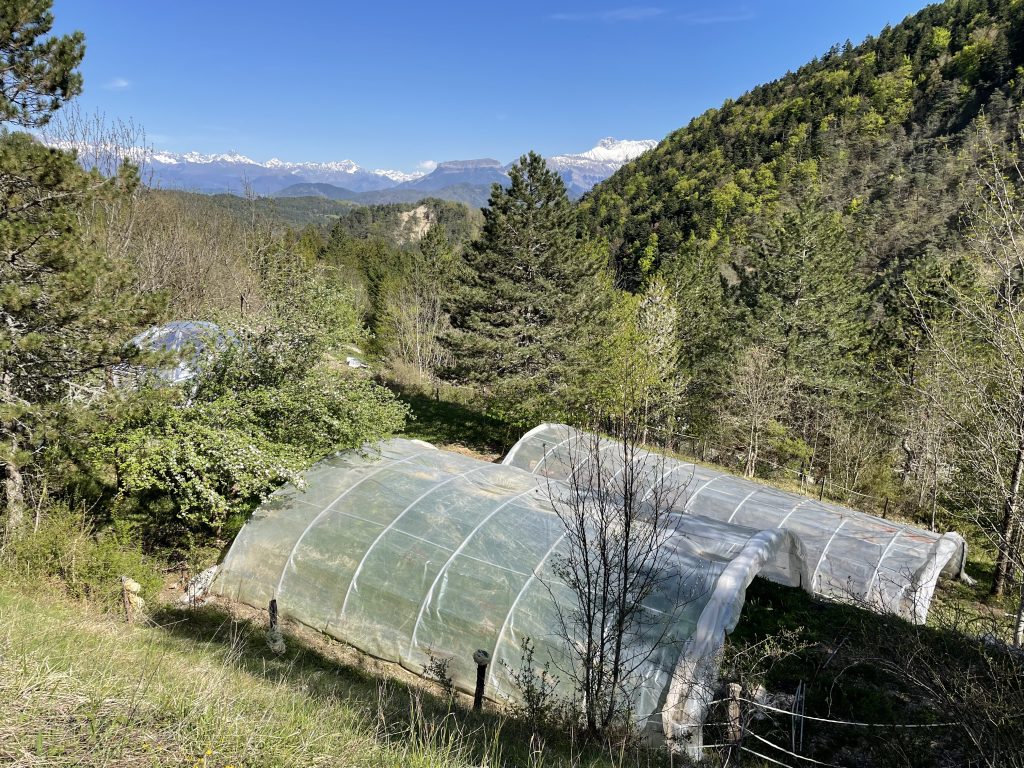Permaculture
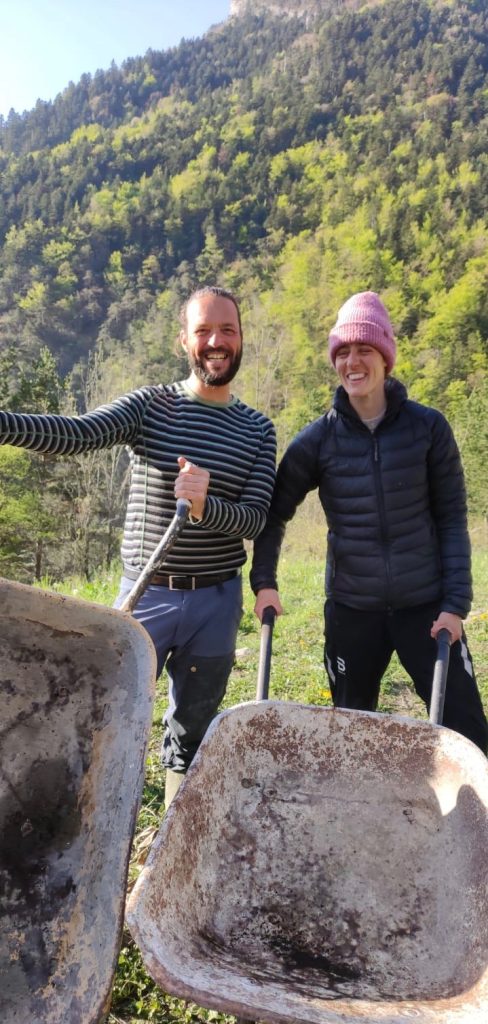
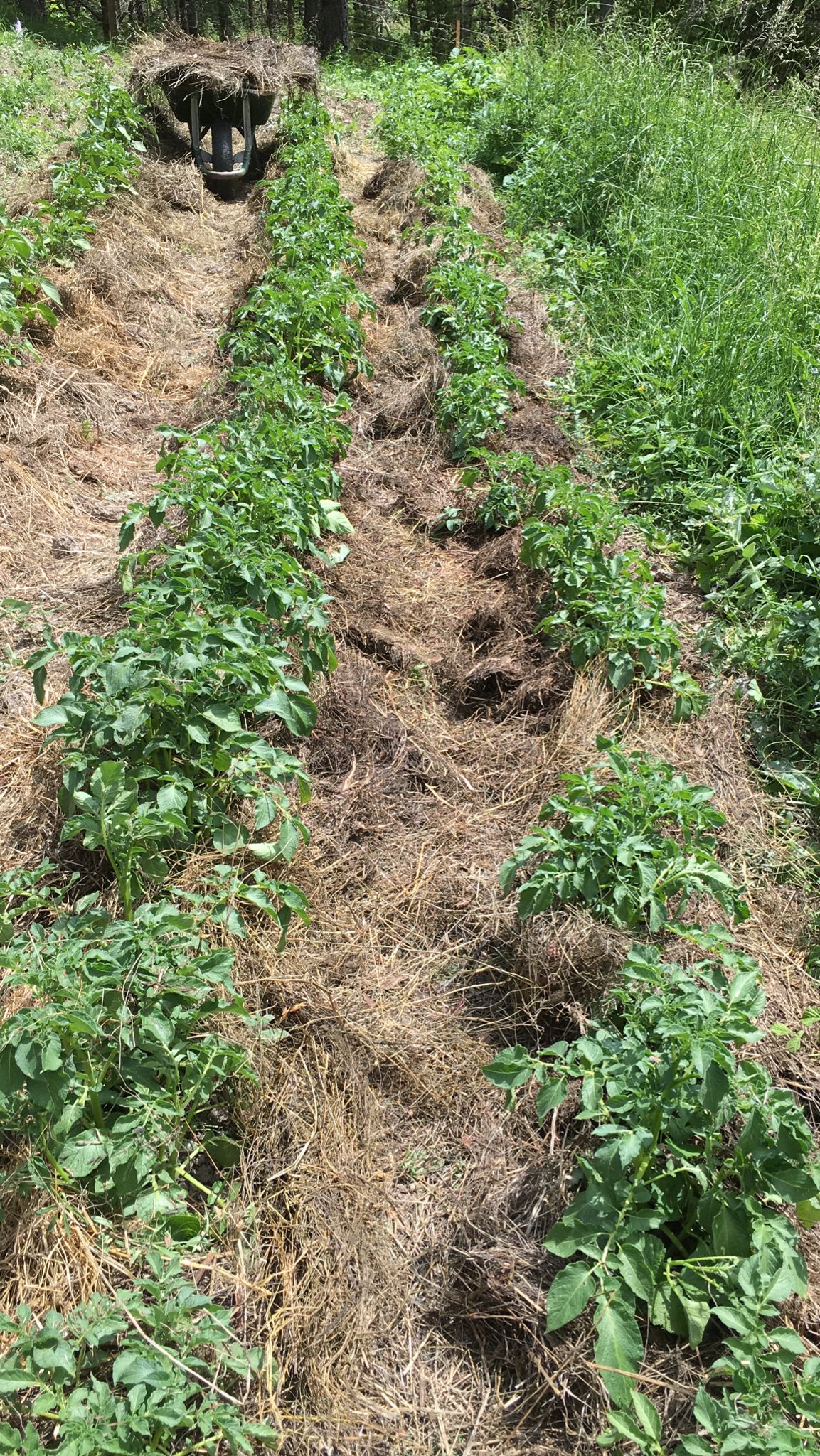
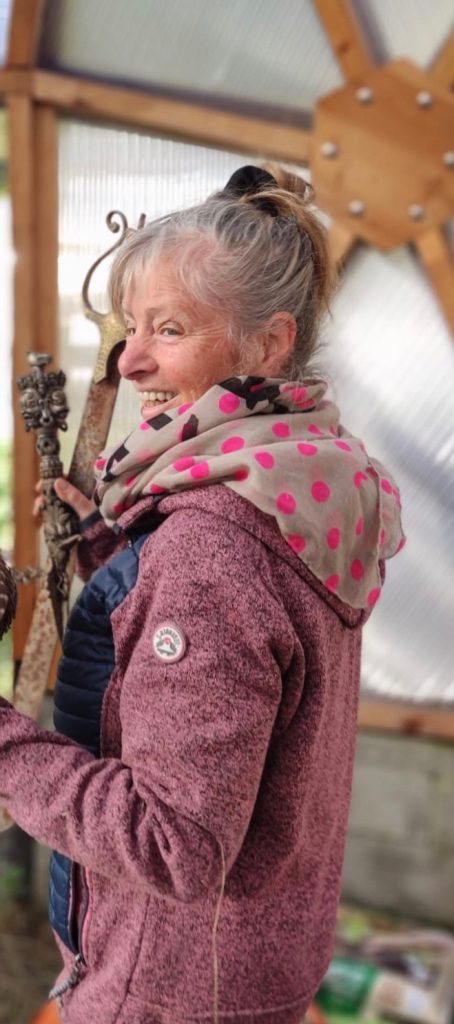
Across the land surrounding the ashram and yoga spaces we are cultivating 5 permaculture gardens, 3 greenhouses and 2 greenhouse domes as a nursery of our baby plants.
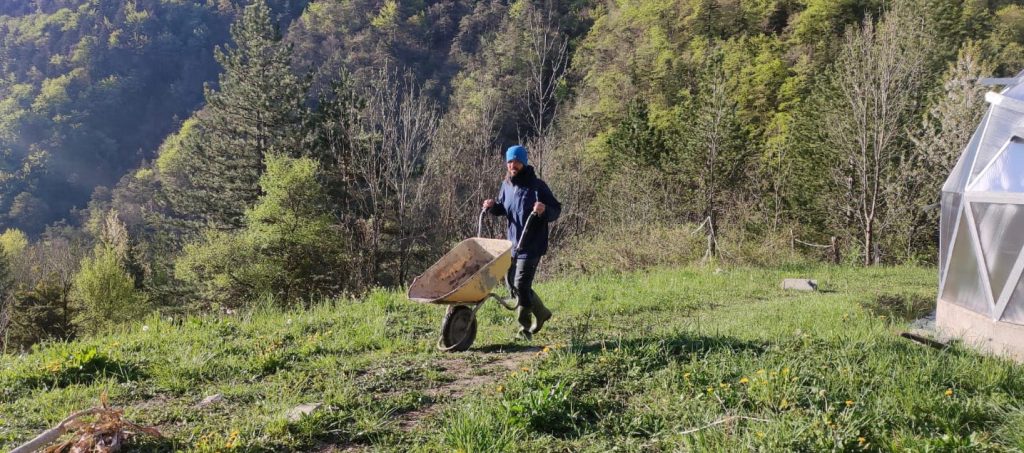
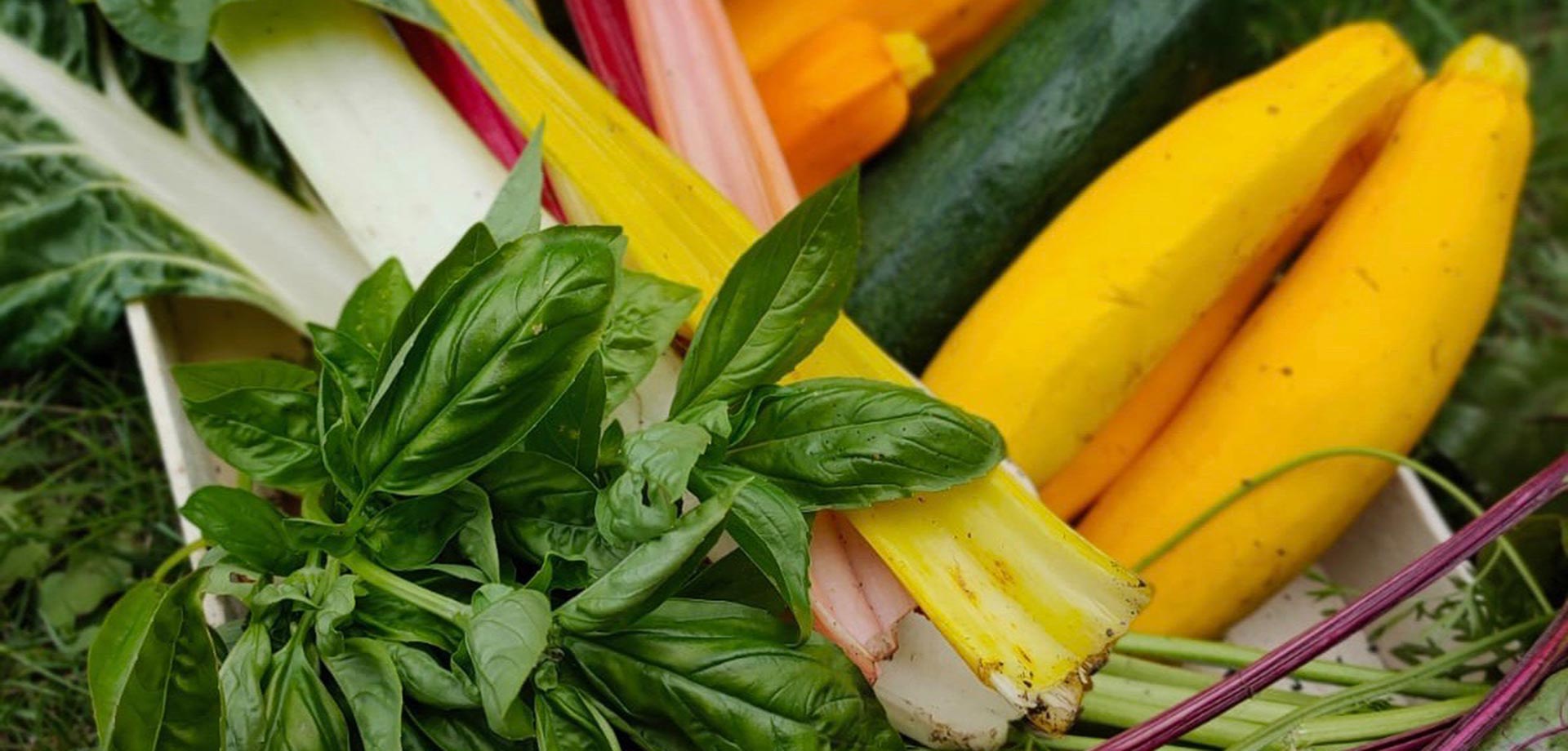
Permaculture is primarily a system of ethical land use and design for sustainable human settlements. The study of Permaculture Design encompasses traditional knowledge, ecology, sustainability, organic food production, efficient energy use and much more.
The permaculture approach is to work with nature through careful planning and design, and creating systems that nourish the earth and ourselves – with less work and more favorable yields.
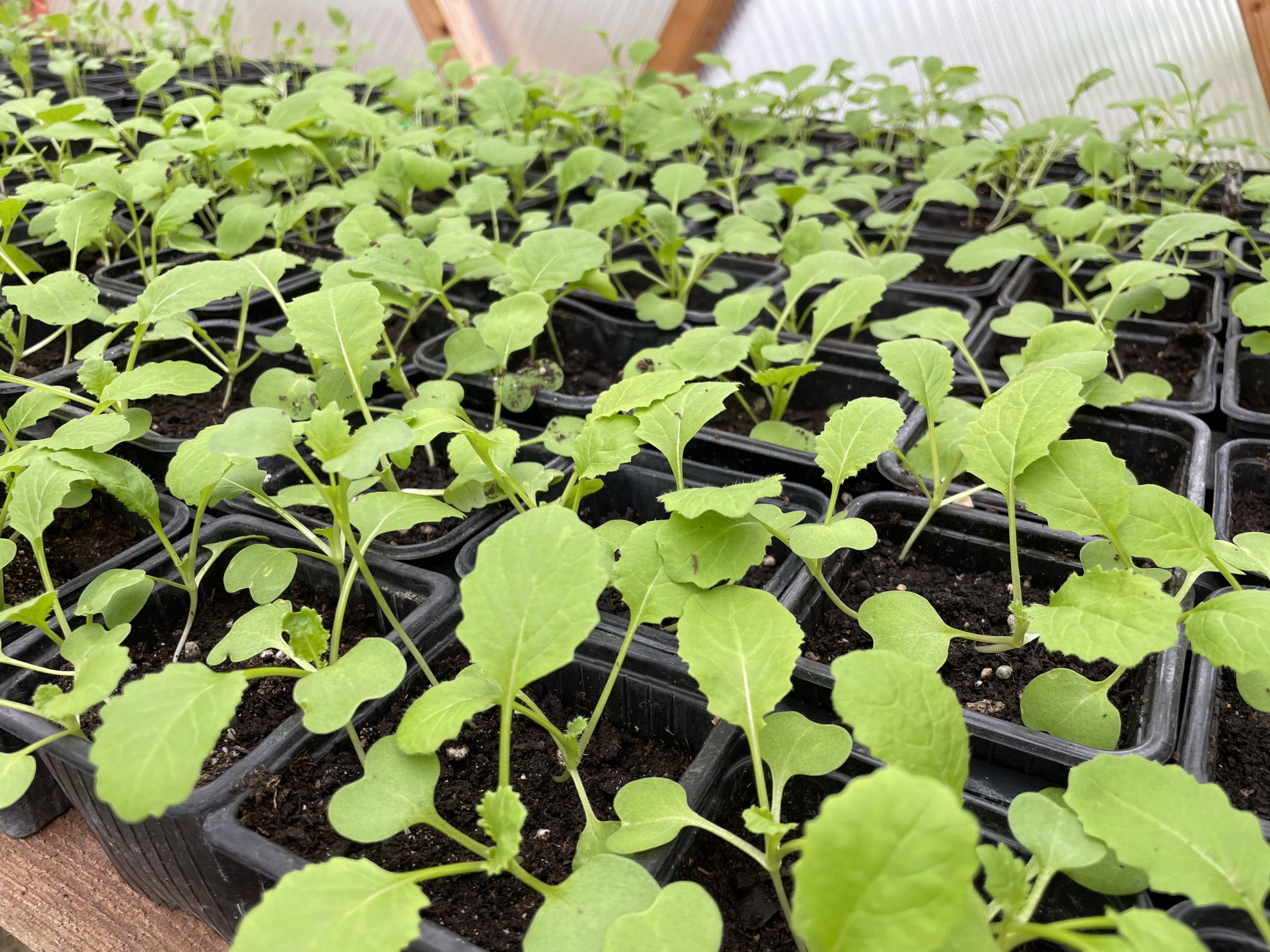
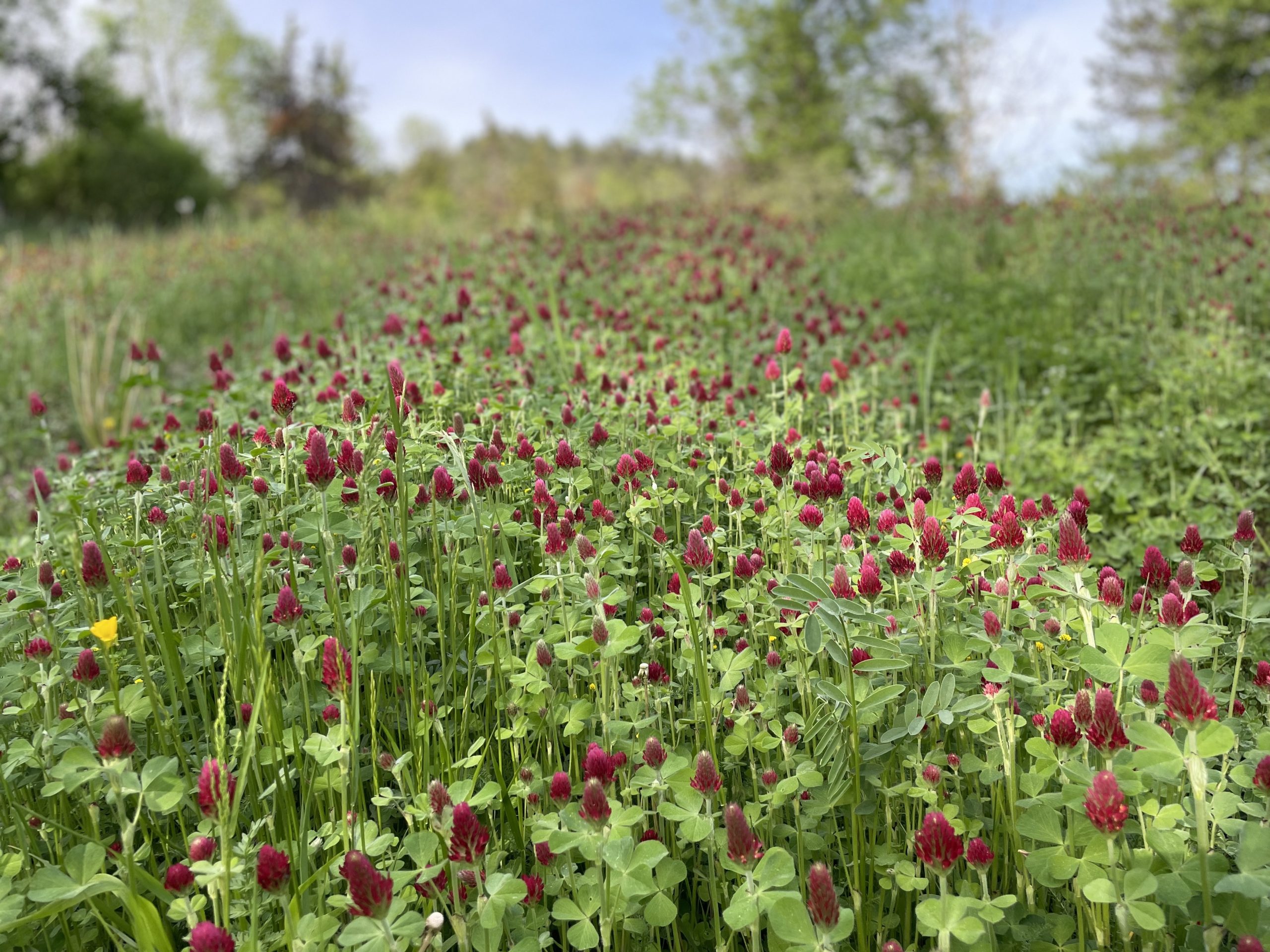
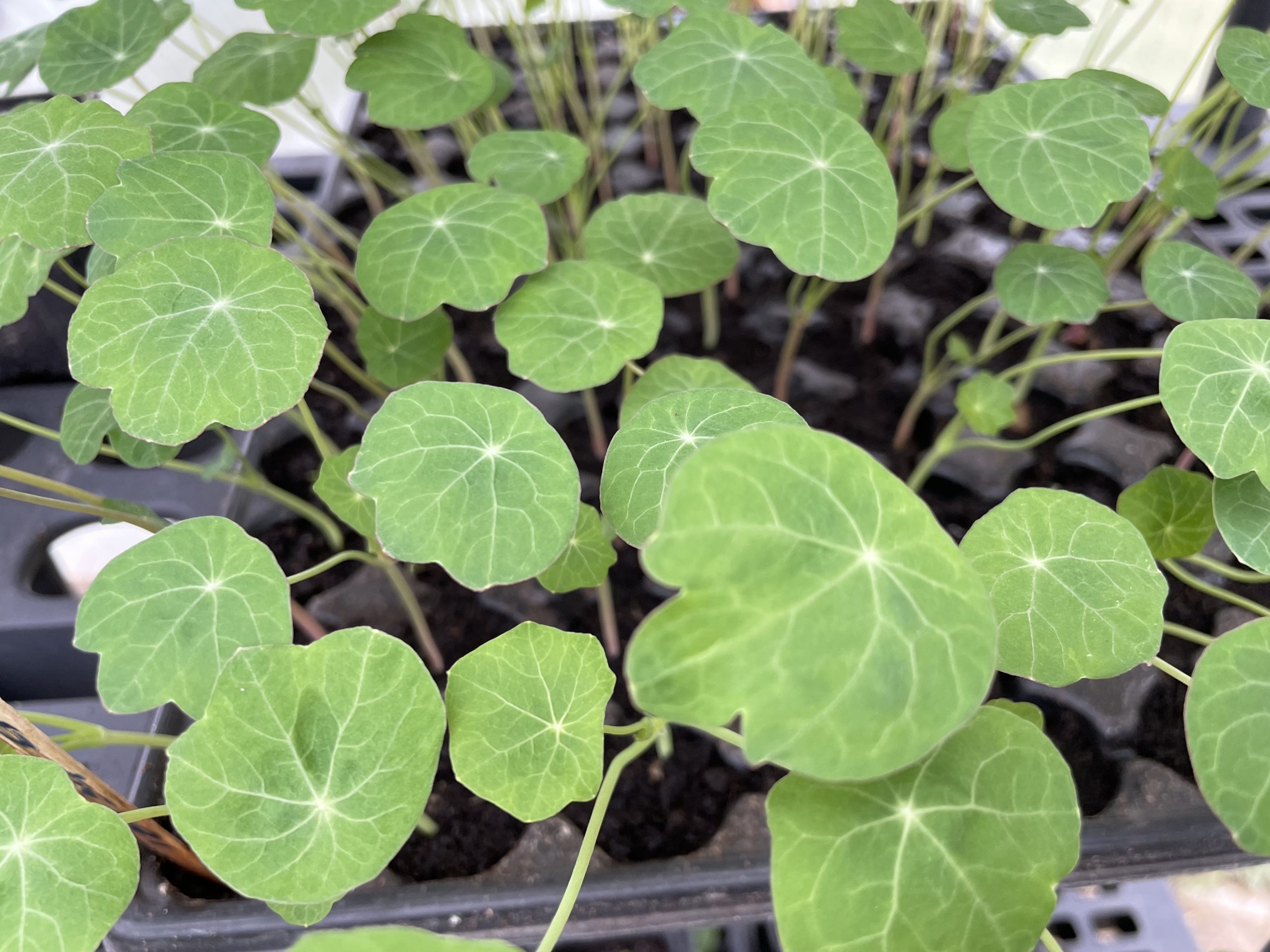
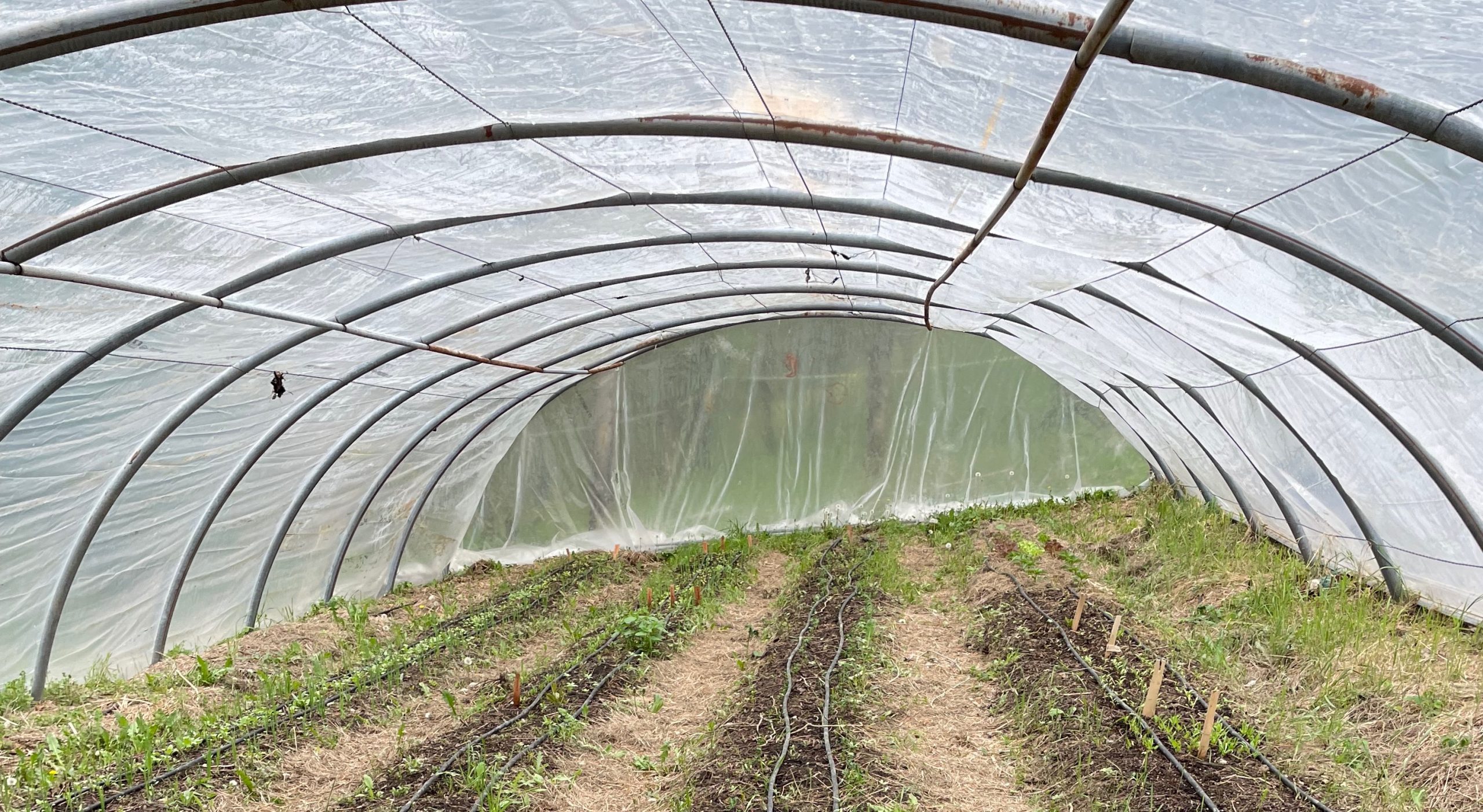
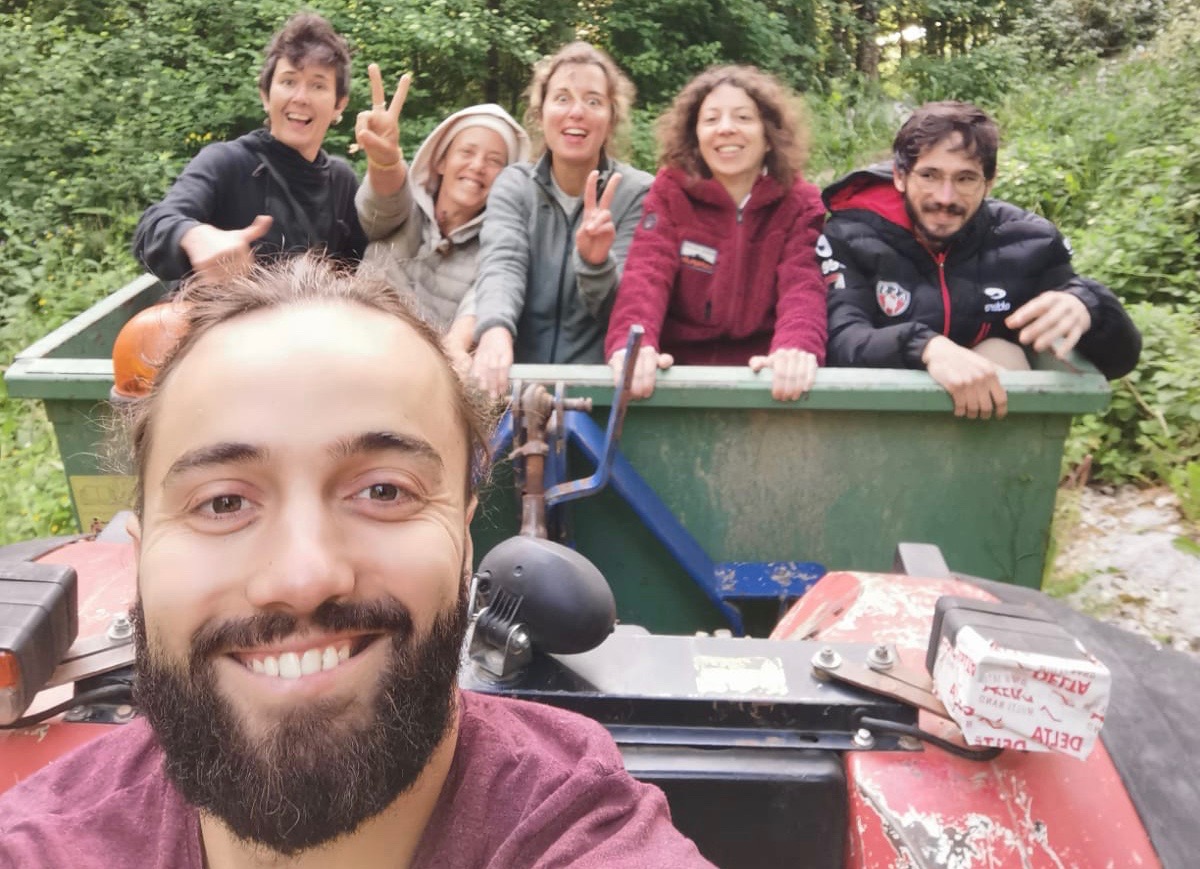
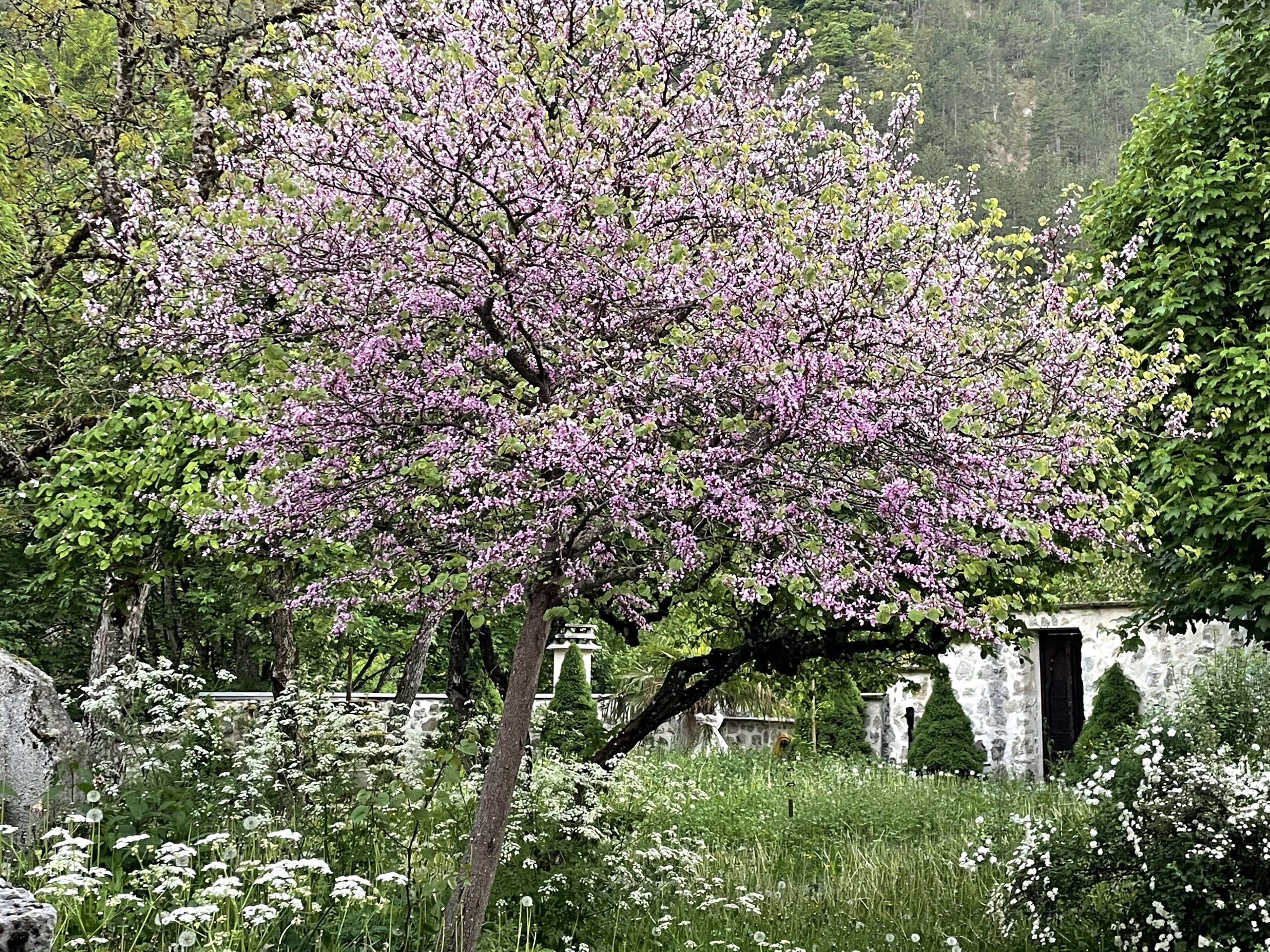
Some of the fundamental principles of Permaculture Design Include the following:
- Working with Nature rather than against Nature
- Planting diverse species rather than single crops
- Taking advantage of “microclimates” such as sunny, shady, warm, cool, dry, or moist areas
- An emphasis on low-maintenance native and perennial food plants and trees
- “Stacking functions” — each plant, animal or location has multiple uses (for example, chickens have the multiple functions of producing eggs and manure, eating unwanted insects, clearing a garden bed by eating weeds and scratching the soil to loosen it up, providing heat for a greenhouse, and providing education and entertainment for people)
- Gardening like a forest – in “layers” — root, ground cover, plant, bush, tree and vine layers. Hence the permaculture concept of a Food Forest!
- Working with “zones” of use intensity — such as planting herbs and salad greens close to the house, vegetable beds somewhat further out, and orchard and wild areas even further, where visits are less frequent
- Water harvesting, conservation and management
- Use of solar, wind, hydro, and other renewable energy sources for home and farm
